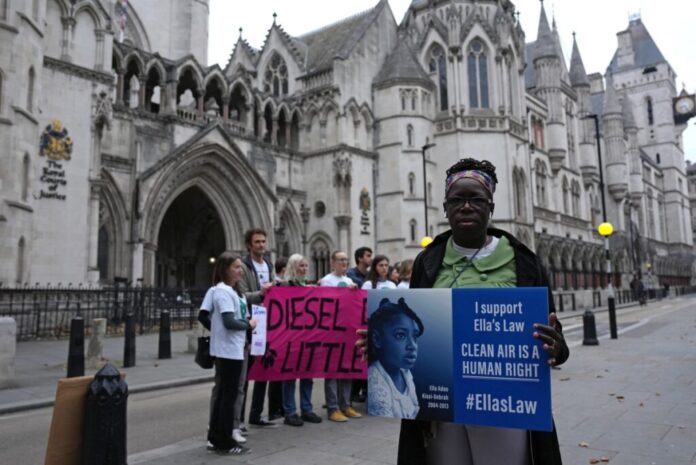Greece’s conservative government has sparked outrage with plans to prohibit demonstrations at the country’s most prominent military monument, the Tomb of the Unknown Soldier, located outside parliament in Athens.
Prime Minister Kyriakos Mitsotakis announced on Sunday that legislation will soon be introduced to place the memorial’s management under the defence ministry, arguing that it should not serve as “a venue for events unrelated to its purpose.”
“My answer is no… citizens can freely express themselves in thousands of other spaces with gatherings or demonstrations,” Mitsotakis wrote on Facebook.
Unveiled in 1932, the Tomb of the Unknown Soldier honours Greek soldiers who died in battle. The plaza surrounding it, however, has long been a flashpoint for protests, with frequent clashes between demonstrators and riot police. The memorial’s ceremonial guard has at times been withdrawn for safety reasons.
The latest tensions come after a 23-day hunger strike at the site by Panos Ruci, whose son Denis was among the 57 victims of Greece’s 2023 rail disaster — one of the deadliest in the country’s history. The tragedy ignited widespread protests demanding accountability and a deeper investigation.
Ruci ended his protest last week after judicial authorities agreed to conduct DNA and toxicology tests on his son’s remains. Since the crash, the plaza has been marked with the victims’ names in red paint and decorated with candles, flowers, and planters left by mourners.
Government spokesman Pavlos Marinakis defended the decision on Monday, saying the site “should not be there for any demonstration, any protest of any cause.” He added that the memorial must be “cleaned, maintained and showcased.”
The proposal has drawn swift criticism from opposition parties and media outlets. The leftist newspaper Efsyn accused the government of seeking to “militarise” a space that has long symbolized civic expression.
Greece’s main opposition party, Syriza, condemned the move as “a direct attack on democracy by a government that has lost all popular support, all legitimacy.”
The plan is expected to be debated in parliament in the coming weeks.

